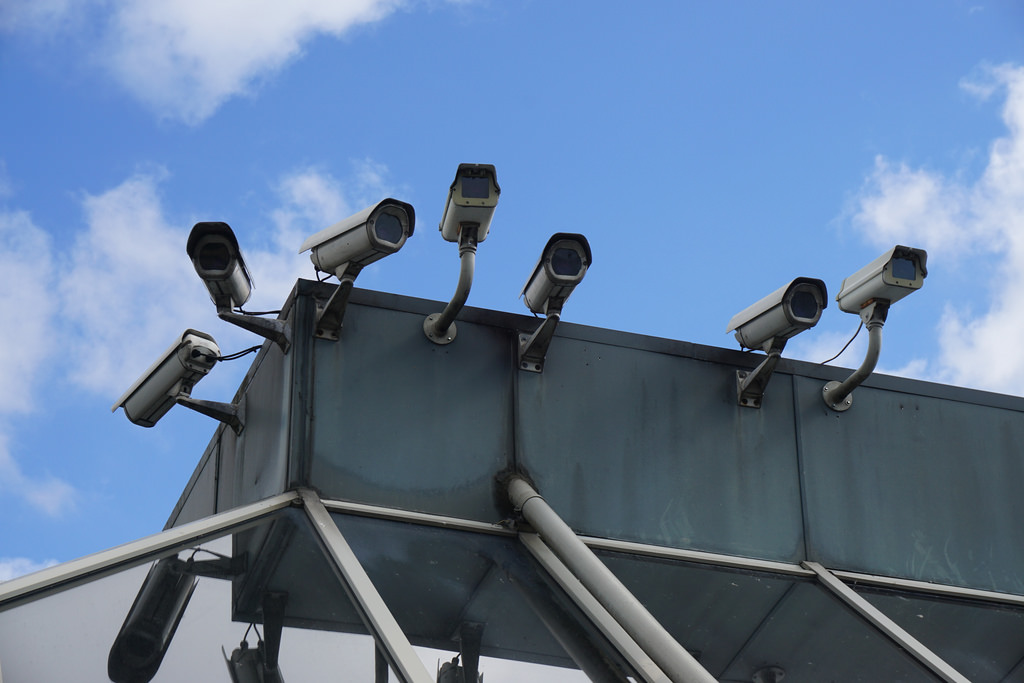Some weeks ago, Techpoint reported that the South African government had admitted to conducting mass surveillance on foreign communications and within the country to intercept electronic signals for data gathering.
Suggested reading: South Africa admits to mass surveillance amidst xenophobic unrest
Yesterday the High Court of South Africa in Pretoria ruled that the bulk interception of communication by foreigners and South Africans is unlawful, invalid, and a violation of the nation’s Constitution.
This ruling comes years after amaBhungane – an investigative journalism organisation – discovered that state spies had been recording the phone conversations of Stephen (Sam) Sole, one of its journalists, for at least six months.
Both parties argued that the Regulation of Interception of Communications Act and Provision of Communication-Related Information Act of 2002 (RICA) and the National Strategic Intelligence Act 39 of 1994 (NSIA) violate the right to privacy of South Africans.
The South African government pleaded that other countries were similarly engaged in this practice under RICA and said practices were legal.
The state also tried to convince the court that the bulk surveillance was only targeted at communications coming from outside South Africa.
Years of investigations and reports conducted revealed that South Africa’s State Security Agency (SSA) had been spying on journalists and civil societies amidst reports of rampant corruption and criminality for over a decade.
Although speculations about the country’s knowledge of the xenophobic attacks that swept the nation may have been gathered and known by the government, nothing was done to curb the incident.
The High Court declared that such actions were unlawful and invalid as the government failed to follow the appropriate procedures when state officials obtained and used the data intercepted.
This ruling saw the High Court order the government to end its spying activities and ensure that people whose communications are secretly intercepted by the state are informed within three months.
It also ordered the state to stop all illegal mass surveillance activities, which it has been conducting through the National Communications Centre (NCC).
According to reports by Privacy International, the judgement is “a powerful rejection of years of secret and unchecked surveillance by South African authorities against millions of people – irrespective of whether they reside in South Africa.”











